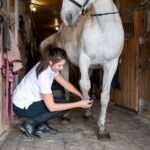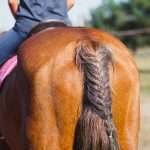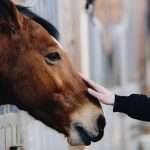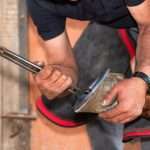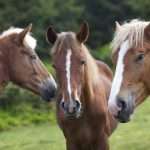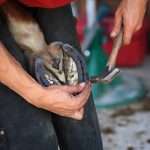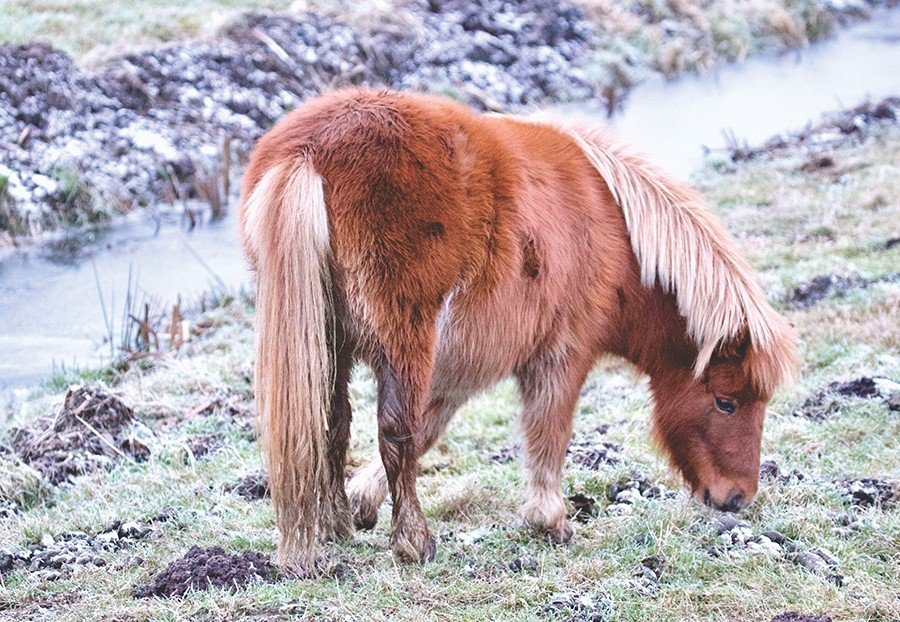
Grooming is one of the most wonderful experiences you can share with your horse. It’s a time to show care and bond, and revel in their shiny coats. Sometimes though, even the most bonded horse and owner can run into grooming problems. This series addresses common horse grooming challenges, and today we are covering tips to help with tail rubbing.
What is tail rubbing?
Tail rubbing is a condition that results from a horse rubbing back and forth on a post or stable wall to relieve itching. Although tail rubbing itself isn’t a bad thing, constant tail rubbing can be a sign of a larger problem. Sometimes horses face an itch so bad, they will rub themselves raw. There is nothing more distressing than seeing your horse rub their beautiful tail bald.
Common causes of tail rubbing and how to relieve them
There are several culprits that could be causing your horse to tail rub and most are easily treatable. Here are some of the most common causes of tail rubbing and how to address them.
Dry/itchy skin
One of the easiest culprits to fix is dry and itchy skin. Our Not So Sweet Itch product line helps moisturize the afflicted area and provide soothing relief for itchy spots. Not So Sweet Itch supports healing and new hair growth so your horse will have its beautiful tail back in no time.
Allergic reaction to flies
Flies and gnats can trigger hypersensitivity in your horse, causing an itchy allergic reaction. If you suspect this to be the problem, use Peppermint Summer Protection on the horse’s coat and around their rest area. If you see signs of bites or skin irritation, use The Balm or Lavender Cleansing Spray to help protect the area while it heals naturally.
Dirty sheath or udder
A final cause may be a dirty sheath or udder. Since horses can’t exactly reach these places, they’ll often rub their tail for relief. Make sure to give their sheath or udder a good cleaning with our Sheath and Udder Cleaner. See this earlier post for a guide to intimate cleaning.
What do to in more severe cases
If tail rubbing is severe enough to cause open wounds, sores, and abrasions, you need to speak to your veterinarian. This may be a sign of a parasite infection or similarly more severe issue than those listed above that need immediate attention.
I hole you foind this post helpful, please help share it on social media using the icons above. And come back for the next part of this series where I address bath-time battles.

